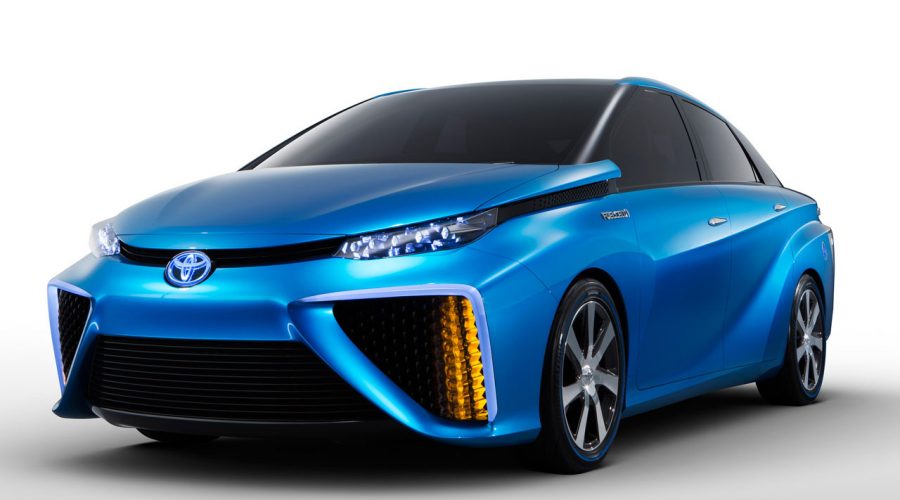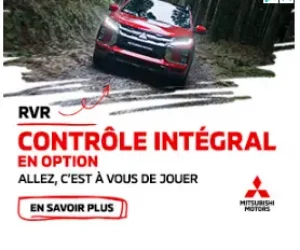After successfully leading the charge to develop and market a mainstream hybrid vehicle with its iconic Prius, Toyota is now looking
 |
| 2013 Toyota FCV Concept (Photo: Toyota) |
to secure the lead in the race to develop a successful mass-produced hydrogen fuel cell vehicle.
The Toyota FCV was first unveiled at the Tokyo Motor Show in November and is now making its North American debut at the Consumer Electronics Show in Las Vegas. It will then make an appearance at the North American International Auto Show in Detroit where it will be joined by some competition in the form of hydrogen-powered concept vehicles from Honda and Hyundai.
At the FCV’s Las Vegas unveiling two models were on display, a Radiant Blue four-door FCV Concept and a camouflaged engineering prototype. Toyota has been extensively road-testing the prototype over the past year, including cold testing
 |
| 2013 Toyota FCV Concept (Photo: Toyota) |
in Yellowknife and heat testing in Death Valley. The vehicle has a much smaller and more powerful fuel cell than Toyota’s first prototype, which was built on a Highlander platform in 2002.
Fuel cell vehicles use electric drive motors powered by chemical fuel cell "stacks" that provide electricity, much like a battery does. The fuel cell’s key advantage compared to a battery is that instead of storing electricity, it creates it by combining hydrogen with oxygen. This means a fuel cell can offer plenty of driving range using hydrogen tanks that can be rapidly refilled – in three to five minutes in the FCV’s case. The FCV’s fuel cell stack produces a total output of 100kW allowing a driving range of about 480 km, a top speed of 160 km/h, and a 0-100km/h acceleration time of less than 10 seconds.
Toyota
 |
| 2013 Honda FCEV Concept (Photo: Honda) |
says it will roll out the production version of the FCV in 2015, with the North American launch starting initially in California. As part of the rollout, the automaker will be working with the University of California Irvine’s Advanced Power and Energy Program to develop a workable refueling infrastructure. California has committed $200 million in funding to build about 20 hydrogen fuelling stations by 2015, and as many as 100 by 2024.
Not to be left out, Honda and Hyundai are both expected to be showcasing their own fuel cell vehicles in Detroit. Hyundai plans to begin selling a fuel cell powered version of the Tucson early in the year in select California markets, and this vehicle
 |
| 2015 Hyundai Tucson FCV (Photo: Hyundai) |
is expected at the Detroit show, having already appeared at the Tokyo and Los Angeles auto shows. Honda unveiled its FCEV Concept at the Los Angeles show, and this concept is also expected to be shown in Detroit.
While critics point out the problems associated with hydrogen fuel – the lack of existing fuelling infrastructure, the technical challenges associated with large-scale hydrogen production, and the fact that the fuel is only as green as the energy used to produce it – for proponents of fuel cell vehicles the current push to market is exciting news indeed.
©(Copyright Canadian Auto Press)







